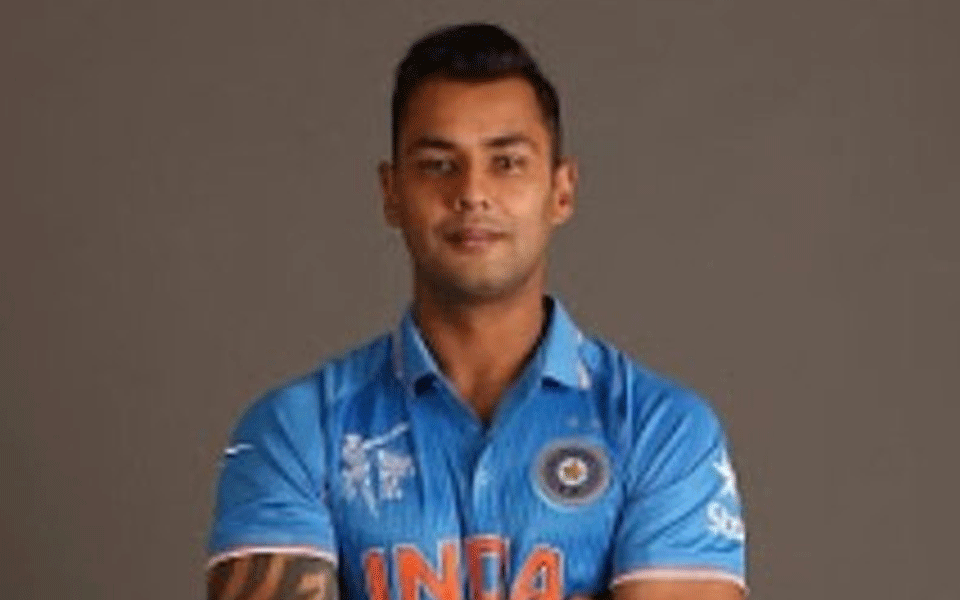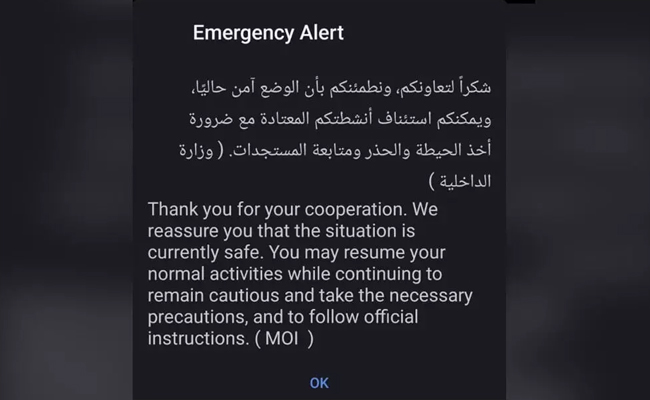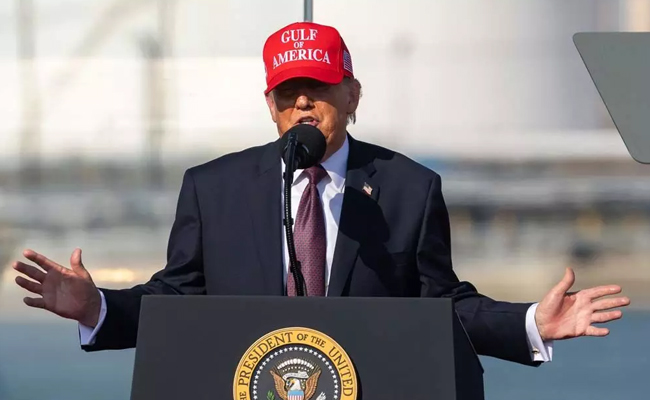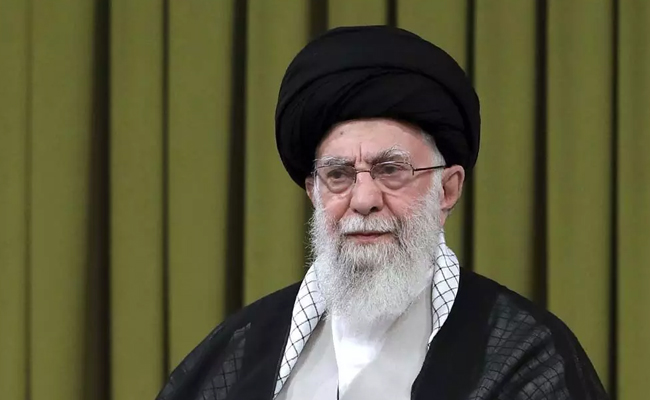New Delhi(PTI): India all-rounder Stuart Binny, who owns the record of the best bowling figures in ODI format, on Monday announced his retirement from first class and international cricket.
The 37-year-old Binny began his career with his state Karnataka and represented India in six Tests, 14 ODIs and three Twenty20 Internationals.
"I would like to inform you that I have decided to retire from first class and international cricket," Binny, whose father Roger also represented India, said in a statement.
"It has given me tremendous joy and pride to have represented my country at the highest international level."
While he did not get many international runs under his belt, Binny returned exceptional bowling figures against Bangladesh when he took six wickets for just four runs in an ODI in June 2014 in Dhaka.
It remains the best bowling performance in the ODIs till date. He had bettered the record of his compatriot Anil Kumble, who had also taken a six-wicket haul against the West Indies in 1993 but had conceded 12 runs.
A handy all-rounder, with experience of 95 first class matches, iconic skipper Mahendra Singh Dhoni tried him out in a few Tests with reasonable success.
In his debut Test against England in July 2014, he scored 78 in his second innings and that remained his only fifty in his six Tests.
A 31-run over in a T20 game against the West Indies in Florida effectively ended his international career where Evin Lewis hit him for five sixes. He was viciously trolled.
Once the conflict of interest became a catch phrase in Indian cricket, his father Roger was forced to relinquish his selection committee post.
With advent of Hardik Pandya as an explosive batting all rounder, Binny's chances of national comeback dwindled and he played a season of first class cricket in the North East.
He will be remembered as a player who punched above his weight and did his best as per his abilities.
Binny thanked the BCCI, his various teams, fellow players and coaches for the role played in his growth as a cricketer.
Let the Truth be known. If you read VB and like VB, please be a VB Supporter and Help us deliver the Truth to one and all.
Dubai/Abu Dhabi: Residents and visitors across the United Arab Emirates received a fresh emergency alert on their mobile phones stating that the situation in the country is currently safe.
The message, issued by the Ministry of Interior (MOI), thanked people for their cooperation and reassured them that conditions were stable.
“Thank you for your cooperation. We reassure you that the situation is currently safe. You may resume your normal activities while continuing to remain cautious and take the necessary precautions, and to follow official instructions. (MOI),” the alert read.
The notification was sent in both Arabic and English through the country’s emergency alert system.
The advisory comes after earlier alerts warning of potential missile threats amid rising regional tensions. Authorities have urged the public to stay cautious and follow official guidance.





